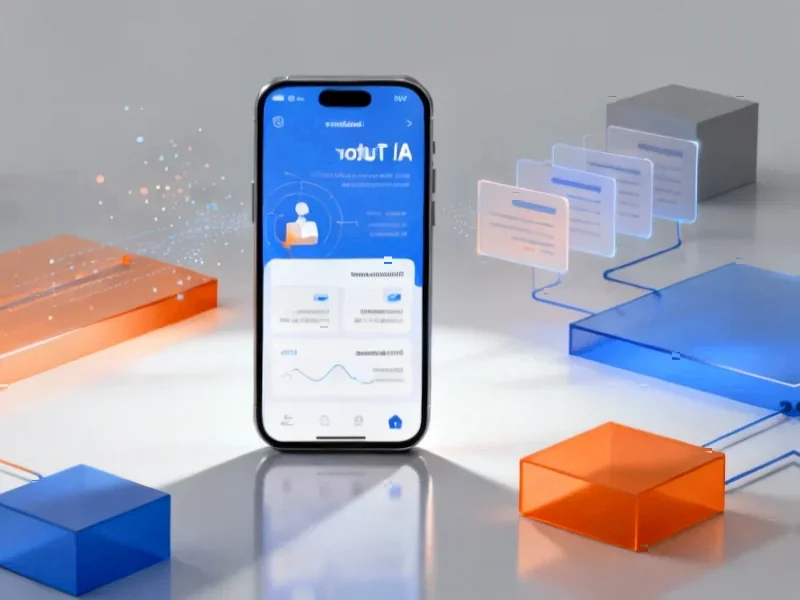According to Business Insider, Thomson Reuters reported quarterly results showing its legal unit grew organic revenue 9% to $700 million, with AI features driving double-digit growth across CoCounsel products. Despite this, shares fell more than 6% on Tuesday and are down over 30% since mid-July as investors question the company’s AI strategy. CEO Steve Hasker argued their combination of Westlaw’s 300+ million legal documents and human editorial oversight creates a moat that’s “difficult, if not impossible, to replicate.” Meanwhile, competitors are emerging everywhere—LexisNexis partnered with AI startup Harvey in June, and Clio acquired legal data specialist vLex for $1 billion in late August.
The ChatGPT Problem
Here’s the thing that keeps Thomson Reuters executives up at night: lawyers are already using ChatGPT. They might not admit it in official channels, but the general-purpose AI is good enough for plenty of legal tasks. And when Harvey’s CEO admits buyers benchmark their specialized legal AI against the latest general models, you know OpenAI sets the price-performance expectation for the entire market.
Basically, Thomson Reuters is betting that their curated legal data and human validation will beat raw AI power. But that’s an expensive proposition—maintaining that “in-house bench of attorneys and editors” doesn’t come cheap. And while accuracy matters in litigation, many lawyers might decide ChatGPT is “good enough” for initial research or drafting, especially when it’s essentially free compared to premium legal AI subscriptions.
The OpenAI Sword of Damocles
The real existential threat? OpenAI deciding to build its own legal vertical. They’ve already shown they’re thinking about legal applications with contract review demos. And they’re an early investor in Harvey, which means they’re definitely watching this space closely.
Now, would OpenAI risk cannibalizing customers who build on their models? Maybe not immediately. But if the legal AI market gets big enough, the temptation will be there. Thomson Reuters itself uses OpenAI’s GPT models in CoCounsel, which creates this weird situation where they’re both customer and potential competitor.
Hasker’s Honest Admission
I have to give the CEO credit for one moment of refreshing honesty. When he said “Anyone who will tell you they know exactly what’s going to happen in this environment is probably slightly deluded,” he might have been the most truthful person in the entire legal tech industry.
Because here’s the reality: we’re in the early innings of AI transforming professional services. Thomson Reuters has incredible assets—that Westlaw data library is legitimately hard to replicate. But they’re competing against both well-funded startups and the gravitational pull of general AI that keeps getting better and cheaper. Their 30% stock drop since July suggests investors aren’t yet convinced their AI moat is deep enough.




